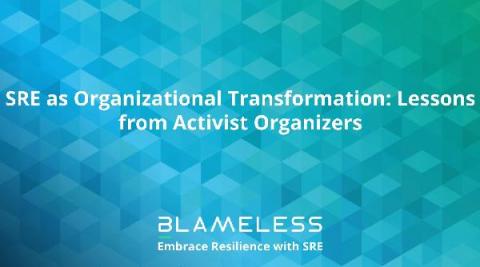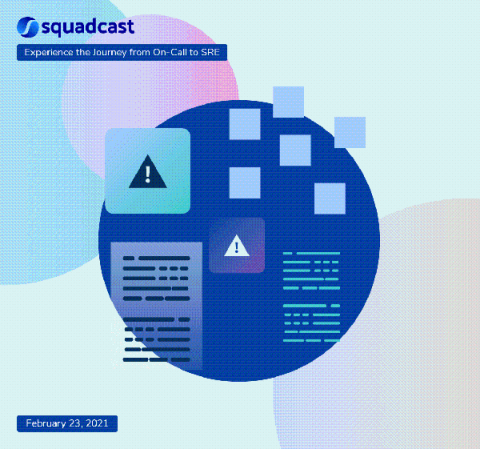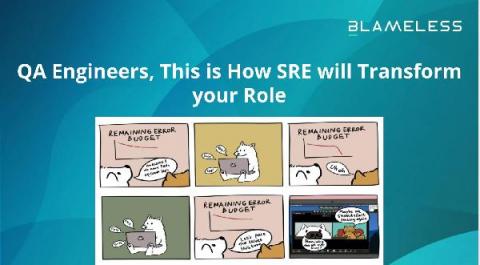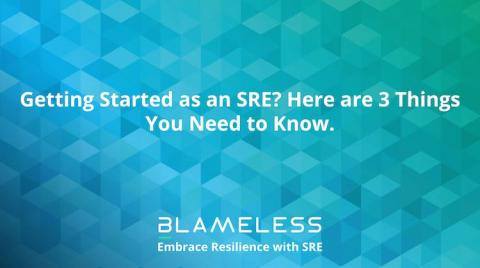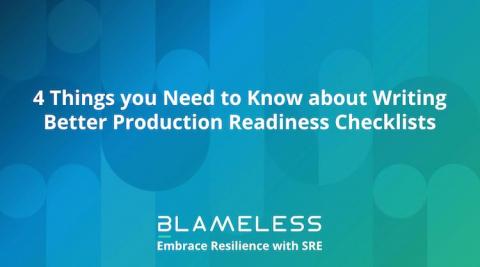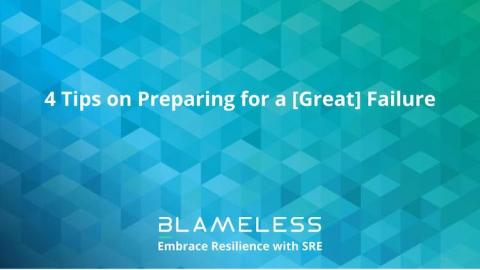Operations | Monitoring | ITSM | DevOps | Cloud
Latest News
SRE Survey 2021: Where do we go from here
What a difference a year makes. In a matter of 365 days, the entire planet stared down at uncertainty, and while most of the world is far from recovered, we are starting to see a time where some level of normalcy will return. But what will this look like? How will the past year transform our social interactions, our time out of the house, and how we conduct business?
SRE2AUX: How Flight Controllers were the first SREs
With SRE, failing to plan is planning to fail
People sometimes think that implementing Site Reliability Engineering (or DevOps for that matter) will magically make everything better. Just sprinkle a little bit of SRE fairy dust on your organization and your services will be more reliable, more profitable, and your IT, product and engineering teams will be happy. It’s easy to see why people think this way. Some of the world’s most reliable and scalable services run with the help of an SRE team, Google being the prime example.


